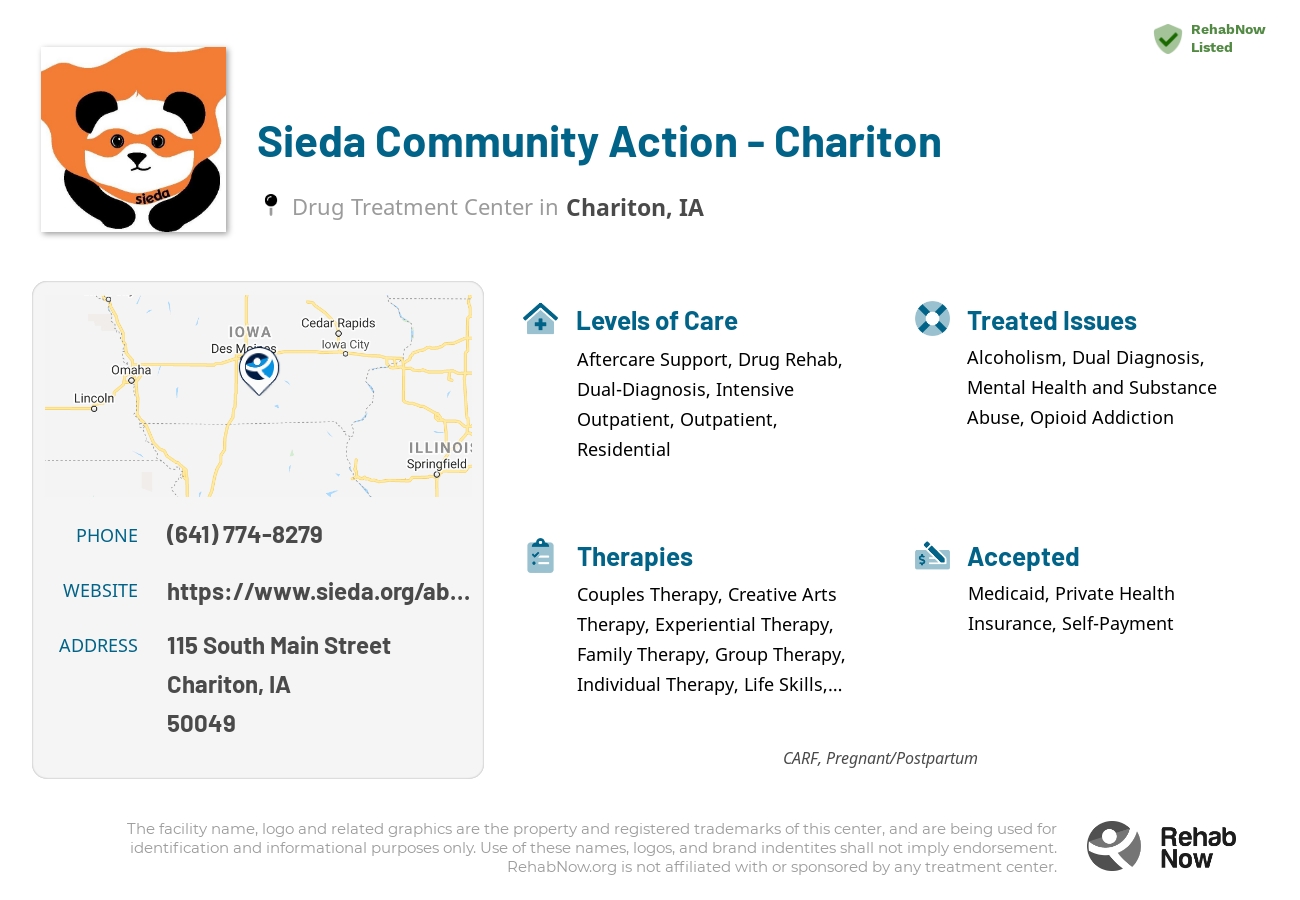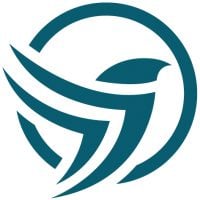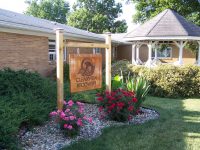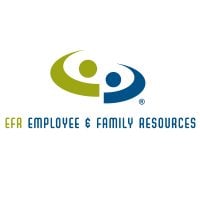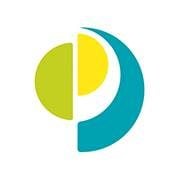Sieda Community Action - Chariton
Drug Rehab Center in Chariton, Iowa
Sieda Community Action - Chariton is a non-profit organization that provides support services for individuals, families and communities affected by addiction and substance abuse in Chariton, Iowa, focusing on empowerment, reducing poverty, and offering therapeutic treatments, education, employment readiness, and creating a safe environment.
About Sieda Community Action - Chariton in Iowa
Sieda Community Action - Chariton is a state-run, non-profit organization that provides a range of services for individuals, families, and communities in and around Chariton, Iowa. Their mission is to empower individuals and families to achieve self-sufficiency by providing services, support, and advocacy. They are dedicated to reducing poverty and the financial, social, and emotional barriers that can affect individuals and families affected by addiction and substance abuse.
At Sieda Community Action - Chariton, they offer a variety of services to those affected by addiction and substance abuse. These include individual and group therapy, relapse prevention, educational workshops, crisis intervention, and referrals to community resources. They also provide support to family members of those affected, as well as providing employment readiness skills and assistance with basic needs, such as food and housing. Furthermore, they run a youth drop-in center, which provides educational and recreational activities as well as mentorship and support services.
Sieda Community Action - Chariton is accredited by the Commission on Accreditation of Rehabilitation Facilities (CARF) for their substance abuse and mental health services, and is licensed by the Iowa Department of Human Services. They have been awarded a three-year CARF accreditation in recognition of their commitment to providing high quality services. In addition to this, Sieda Community Action - Chariton is also committed to providing a safe and healthy environment, free from violence and bullying, through their “Creating a Safe Environment” campaign.
Genders
Ages
Modality
Additional
Accreditations

CARF
The Commission on Accreditation of Rehabilitation Facilities (CARF) is a non-profit organization that specifically accredits rehab organizations. Founded in 1966, CARF's, mission is to help service providers like rehab facilities maintain high standards of care.
Conditions and Issues Treated
Many people who struggle with opioid addiction need to attend specific programs like methadone , Suboxone or Vivitrol clinics.
These types of programs will provide the patient with legal, prescription medications that can help them overcome their cravings for illegal opioids like heroin or fentanyl . If the patient has a chronic condition like Hepatitis C, they must undergo treatment before they can begin taking these medications.
Dual Diagnosis is a specific relationship between two or more disorders that have the same symptoms and can sometimes be treated together. This is used in the treatment planning process when dealing with drug addicts. Dual diagnosis can be viewed as a chronic medical condition that has comorbid psychiatric disorders.
Although addiction and a mental illness may have separate symptoms that are not easy to detect, they often go hand in hand. Many times, drug abuse is a direct result of the mental illness. In other words, treating the addiction will not resolve all of your issues. Unless you also treat the underlying mental illness, you will not be successful in achieving sobriety.
Levels of Care Offered
This center offers a variety of custom treatment tailored to individual recovery. Currently available are Aftercare Support, Drug Rehab, Dual-Diagnosis, Intensive Outpatient, Outpatient, Residential, with additional therapies available as listed below.
An intensive outpatient program is usually the first phase of addiction treatment. It provides relief for those who are addicted, but are not ready to commit to an inpatient setting. Typically, the patient lives at home and is able to work or go to school. IOPs consist of a daily 3 to 5-hour program, and there is a required number of hours per week. Most patients go to IOP between 20 and 40 hours per week. The patient attends group counseling and individual therapy throughout the duration of treatment. They also meet daily with their therapist to discuss how it’s going and where they are in the recovery process.
The goal here is to teach patients healthy coping skills, such as stress management and identifying thoughts and behaviors that lead to relapse. The implementation of these skills will be useful as the individual transitions into the next phases of treatment.
An outpatient treatment program is set up to help with alcohol or drug addiction, or a co-occurring disorder. The patient must attend the Iowa facility for their therapy and other programs but are able to return home each night. The frequency of mandatory attendance decreases after much of Sieda Community Action - Chariton‘s program is complete.
Residential treatment programs are those that offer housing and meals in addition to substance abuse treatment. Rehab facilities that offer residential treatment allow patients to focus solely on recovery, in an environment totally separate from their lives. Some rehab centers specialize in short-term residential treatment (a few days to a week or two), while others solely provide treatment on a long-term basis (several weeks to months). Some offer both, and tailor treatment to the patient’s individual requirements.
Aftercare is a term that’s used to refer to any sort of continuing care offered for a drug addict who has voluntarily entered a rehabilitation program. This type of care can be provided in several settings, including outpatient therapy sessions after the addict has completed an inpatient program. There are also 12-step support groups, such as Alcoholics Anonymous, which can provide additional help for addicts trying to stay sober.
Therapies & Programs
Individual Therapy is a critical component of addiction recovery. Therapists work with patients to identify the root of their addiction and figure out how to better handle the issues that led to them using drugs. Individual Therapy is the one-on-one session where people meet with their therapist. Individual therapy provides a safe space for people to open up and discuss personal and sensitive topics which they may not feel comfortable discussing in a group setting.
Couples therapy at Sieda Community Action - Chariton focuses on addiction treatment for the addict and their spouse. The addict’s family, not just the addict, can benefit from this form of therapy. Couples therapy addresses communication problems, trust issues, lack of intimacy, and abuse in intimate relationships. Couples therapy can help rebuild trust between partners, which increases the chances for successful treatment and sustained recovery.
Intimate relationships can be damaged during addiction, and professional help may be necessary to rebuild the often destroyed trust and love. Couples therapy at Sieda Community Action - Chariton helps couples improve communication and rebuild trust. Either or both partners will be helped by this treatment administered by professionals. This treatment can also help one or both partners if addiction is the problem.
Family therapy will also help families realize that the addiction is not their fault. For many years, people blamed themselves for an addict’s behavior and felt that they had done something wrong. This is not the case. Addiction is a disease, and it can strike anyone, even if their life seems fine from the outside. It can bring a lot of shame to a family when they have an addict in their midst, but if everyone is open and honest with each other, then they can help everyone stay in recovery.
Group Therapy is utilized by drug treatment centers like Sieda Community Action - Chariton to provide the recovering drug addict with a platform to talk about their feelings and experiences. It also provides for an opportunity to learn from other addicts who have successfully overcome their addiction.
Group Therapy is employed in lectures, seminars, or discussion groups (the latter two are typically conducted as “therapy groups”). It is recommended that all group members be recovering addicts for this type of therapy to work (though it does not exclude others with lived experience).
Trauma therapy is a clinical process that helps individuals deal with mental stress often caused by traumatic events. It is generally done for children, teenage victims of sexual assault, and war veterans. The therapist helps the person identify, understand and work through the problem. This is done with the help of talking about it in group or one-on-one counseling sessions. Therapists use relaxation, role-playing, art, and music to help the person open up about what is bothering them.
Training in improved life skills helps those recovering from addiction feel more capable of self-care. Sieda Community Action - Chariton are daily skills that give the person the tools they need to survive.
The therapy covers practical activities like cooking, job hunting, social interaction, and money management, helping to fill in the knowledge gaps caused by addiction.
These life skills help the person self-manage their recovery and stay on track. It also reduces relapse risk as they gain confidence in their day-to-day abilities.
Nutrition therapy has been used to help drug addicts for decades. Many early reports on addiction treatment indicate that some patients recovered from the “satisfying power of food”. For years, this phenomenon has been utilized as a treatment modality in eating disorders for adults, adolescents, and children. Specific nutrients have been identified that influence neurotransmitters associated with reward pathways of the brain.
Studies have shown that carbohydrate loading with complex carbohydrates to elevate serotonin levels was effective in treating bulimia nervosa. This approach prompted researchers to explore the use of this type of nutritional intervention in other disorders.
Nicotine replacement therapy treats nicotine addiction using external sources of nicotine, such as patches or gum to substitute for nicotine. This allows people trying to quit smoking to get their desired dose of nicotine without actually having to smoke cigarettes. The idea behind NRT is that by providing smokers with nicotine in forms that are not cigarettes, they may be more likely to quit smoking.
NRT has been available for many years now, and there is a wealth of evidence that shows that it helps people trying to quit smoking. There are several different types of NRT devices on the market now. Patients interested in quitting smoking should talk to their doctors about the best kind of NRT for them.
Patient Experience
Creative Arts
This type of therapy can help addicts manage anxiety, stress, and other negative feelings. It typically involves the use of art materials to express thoughts and emotions that might otherwise be difficult for an addict to discuss with another person.
During these types of sessions at Sieda Community Action - Chariton, addicts will typically work with a therapist or support group leader to create pieces of art. For instance, they might draw pictures, paint, sculpt, and so on. During the process, addicts are encouraged to talk about what led them to substance abuse in the first place.
Experiential Therapy at Sieda Community Action - Chariton
Experiential therapy is another form of treatment that helps addicts overcome their addiction. This type of service typically involves hands-on activities with the focus on physical experiences instead of emotions or beliefs.
Some examples include art therapy, equine therapy and music therapy. Each of these forms of experiential therapy can provide unique ways for addicts to channel their feelings and work through their demons. This type of therapy also allows addicts to develop meaningful emotional connections with others, which can prevent them from resorting to relapse as a coping mechanism.
Payment Options Accepted
For specific insurance or payment methods please contact us.
Is your insurance accepted?
Ask an expert, call (888) 674-0062
Sieda Community Action Associated Centers
Discover treatment facilities under the same provider.
- Sieda Behavioral Health and Treatment Services - Ottumwa in Ottumwa, IA
- Sieda Community Action - Sigourney in Sigourney, IA
- Sieda Community Action - Fairfield in Fairfield, IA
- Sieda Community Action - Oskaloosa in Oskaloosa, IA
- Sieda Community Action - Centerville in Centerville, IA
Learn More About Sieda Community Action Centers
Additional Details
Specifics, location, and helpful extra information.
Chariton, Iowa 50049 Phone Number(641) 774-8279 Meta DetailsUpdated November 25, 2023
Staff Verified
Sieda Community Action - Chariton Patient Reviews
There are no reviews yet. Be the first one to write one.
Chariton, Iowa Addiction Information
Iowa ranks 2nd lowest in the nation for illicit drug use, but 12% of its residents are still using these drugs every single year. Methamphetamines account for more than 90% of all drug-related prison admissions in Iowa. Alcohol is the most widely abused substance in the state, with 23% of residents admitting to heavy drinking.
The drug addiction problem in Chariton, Iowa, is fairly bad. According to the most recent statistics, there were 907 drug-related arrests in Chariton in 2016. This is a significant increase from the 775 drug-related arrests made in 2015. The good news is that there are 1488 drug and alcohol rehab centers in Chariton. This means there is a lot of help available for people with addiction and free of cost.
Treatment in Nearby Cities
- Knoxville, IA (23.8 mi.)
- Anamosa, IA (129.2 mi.)
- Rock Rapids, IA (222.3 mi.)
- Spirit Lake, IA (190.3 mi.)
- Ankeny, IA (51.9 mi.)
Centers near Sieda Community Action - Chariton
The facility name, logo and brand are the property and registered trademarks of Sieda Community Action - Chariton, and are being used for identification and informational purposes only. Use of these names, logos and brands shall not imply endorsement. RehabNow.org is not affiliated with or sponsored by Sieda Community Action - Chariton.



